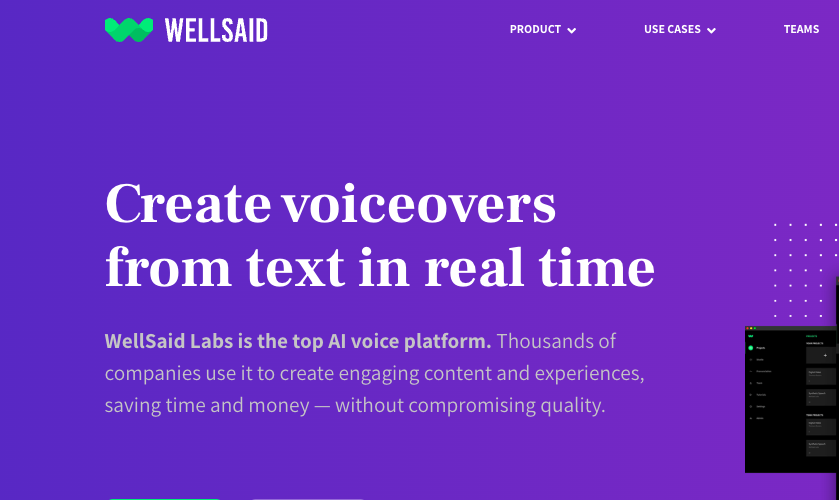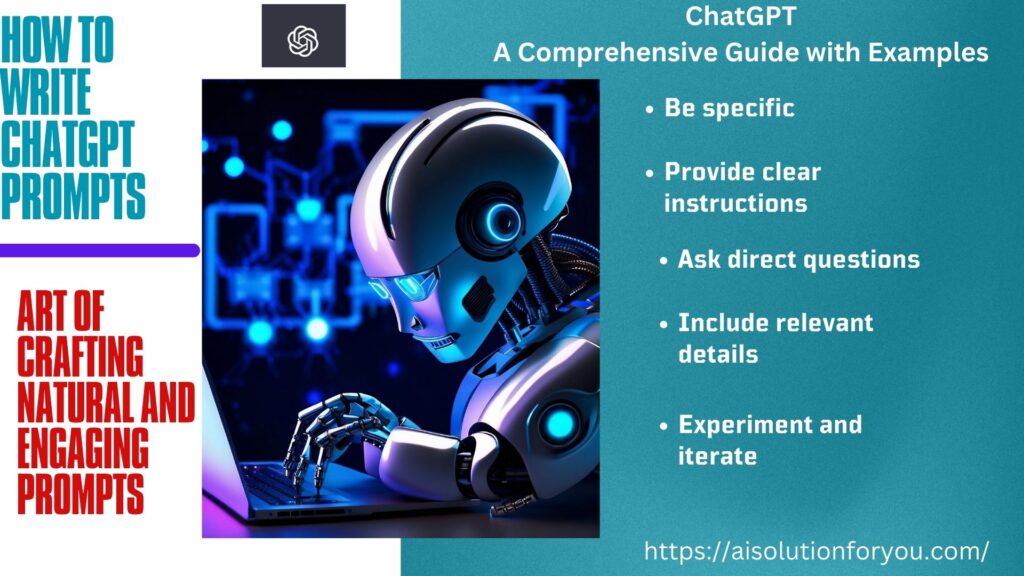AI Tools for Students


Unleashing the Power of AI Tools: Transforming Student Success






AI Tools for Students: AI tools have emerged as powerful allies in the educational landscape, transforming the way students learn, engage, and excel.This article explores the role of AI tools in education and the profound impact they have on transforming student experiences.
Personalized Learning: One of the significant contributions of AI tools in education is the ability to provide personalized learning experiences. AI-powered adaptive learning platforms analyze vast amounts of data to understand students’ strengths, weaknesses, and learning styles. These tools then tailor educational content, pacing, and assessments to meet individual student needs. For instance, an AI-powered math learning platform can identify specific areas where a student is struggling and provide targeted practice exercises or video tutorials to reinforce understanding. Personalized learning empowers students to learn at their own pace, enhances engagement, and improves overall learning outcomes.
Intelligent Tutoring Systems: AI tools are transforming the role of tutors and instructors through intelligent tutoring systems. These systems use AI algorithms to simulate human tutors and provide personalized guidance to students. By analyzing student responses, behaviors, and performance data, intelligent tutoring systems offer real-time feedback, adaptive hints, and remedial support. They can detect misconceptions, identify areas of improvement, and guide students towards conceptual mastery. Intelligent tutoring systems act as virtual mentors, assisting students in their learning journey and providing individualized attention that may not be feasible in traditional classroom settings.
Automated Grading and Feedback: AI tools have revolutionized the time-consuming task of grading assignments and providing feedback. With AI-powered grading systems, objective assessments like multiple-choice questions can be automatically graded, saving teachers significant time and effort. Furthermore, AI tools are becoming increasingly capable of grading subjective assessments, such as essays, by analyzing factors like grammar, coherence, and content. Automated grading systems offer consistent and timely feedback to students, enabling them to track their progress, identify areas for improvement, and refine their skills.
Smart Content Recommendation: AI tools are adept at analyzing vast amounts of educational content and providing intelligent recommendations. Through machine learning algorithms, AI-powered platforms can understand students’ interests, preferences, and learning patterns. Based on this analysis, they recommend relevant and engaging content, such as articles, videos, or interactive simulations, that aligns with students’ individual needs. Smart content recommendation systems enhance student engagement, diversify learning experiences, and encourage exploration beyond the traditional curriculum.


Virtual Reality and Augmented Reality: AI tools, combined with virtual reality (VR) and augmented reality (AR), are revolutionizing experiential learning. VR immerses students in realistic virtual environments, allowing them to explore historical sites, experience scientific phenomena, or practice complex skills in a risk-free environment. AR overlays digital content onto the real world, enhancing understanding and interaction. For example, an AR app can superimpose 3D models of organs onto a textbook, providing a more interactive and visual learning experience. VR and AR technologies powered by AI are opening new frontiers in education, making abstract concepts tangible and enhancing student engagement.
Intelligent Data Analytics: AI tools enable educational institutions to leverage the power of data analytics to gain valuable insights. By collecting and analyzing data from various sources such as student performance, attendance, and engagement, AI-powered analytics systems can identify trends, patterns, and correlations. This data-driven approach helps educators make informed decisions about curriculum design, instructional strategies, and student interventions. Intelligent data analytics empower educational institutions to optimize teaching and learning processes, identify at-risk students, and personalize support to ensure student success.
Ethical Considerations:
While AI tools offer immense potential in education, there are important ethical considerations to address. Data privacy and security are paramount, as AI tools collect and process sensitive student information. Educational institutions must ensure compliance with data protection regulations and implement robust security measures to safeguard student data. Additionally, transparency in the use of AI tools is crucial. Students and parents should have clear understanding and control over how AI tools are used, including the algorithms employed and the purposes for which their data is used. Ethical guidelines and policies should be established to govern the responsible use of AI tools in education.





